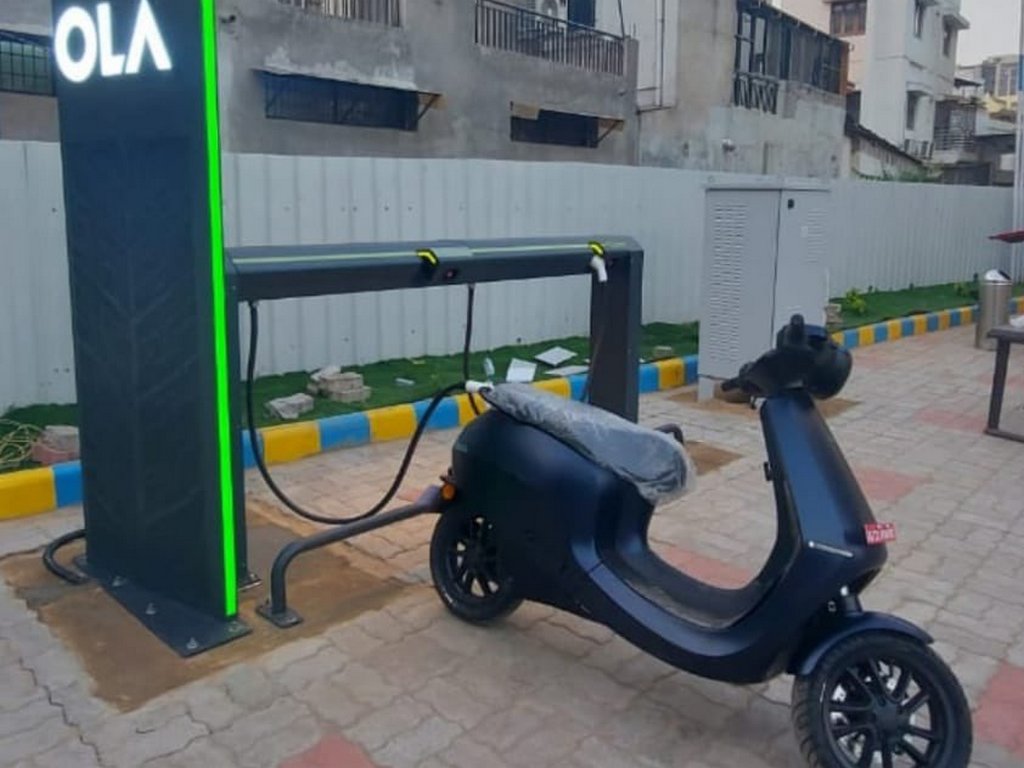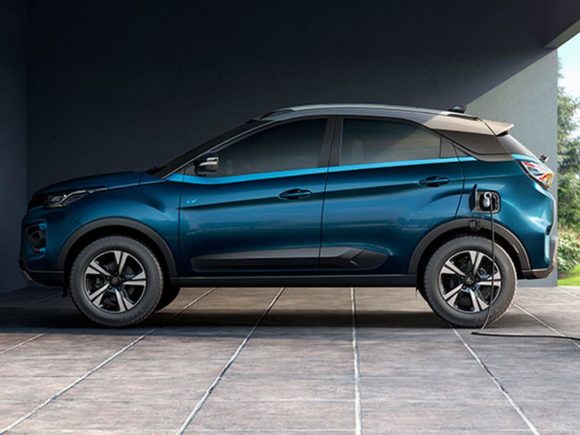
Goa tourism goes electric with new vehicles starting from January 2024
The government of Goa is set to introduce significant reforms to promote electric vehicles (EVs) within its territory. In an announcement made by Chief Minister Pramod Sawant during an event organised by the NITI Aayog, it was revealed that all new tourist vehicles, cabs and two-wheelers provided on rent in Goa will be required to be electric vehicles starting from January 2024.
Goa ranks fourth among Indian states in terms of the percentage of EVs purchased. The Goa government plans to enact substantial reforms to accelerate the adoption of EVs throughout the state. By mandating that all new tourist vehicles, cabs and bikes available for rent be electric, the government aims to create a sustainable tourism ecosystem.
The decision to shift to electric tourist vehicles stems from the pressing concern of rising carbon emissions in Goa. With an annual influx of over 85 lakh tourists, Goa faces the challenge of accommodating a large number of taxis, rental vehicles and buses that contribute to carbon emissions.
By introducing EVs as the preferred mode of transport for tourists, the state aims to mitigate its carbon footprint and promote environmentally friendly tourism practices.
The booming tourism industry has put a strain on Goa’s infrastructure and environment, particularly with regards to transportation. With a population of only 15 lakh residents, the state’s per capita vehicle ownership is 4.5 times the national average.
To lead by example, the Goa government has also committed to purchasing only EVs for its own fleet starting in January 2024.
This ambitious plan by the government raises concerns about whether the state’s infrastructure is ready to accommodate the significant influx of EVs. It is a major concern for cab agencies and rental companies to transition from their existing ICE-powered fleet to purchasing relatively more expensive electric cars and two-wheelers.





